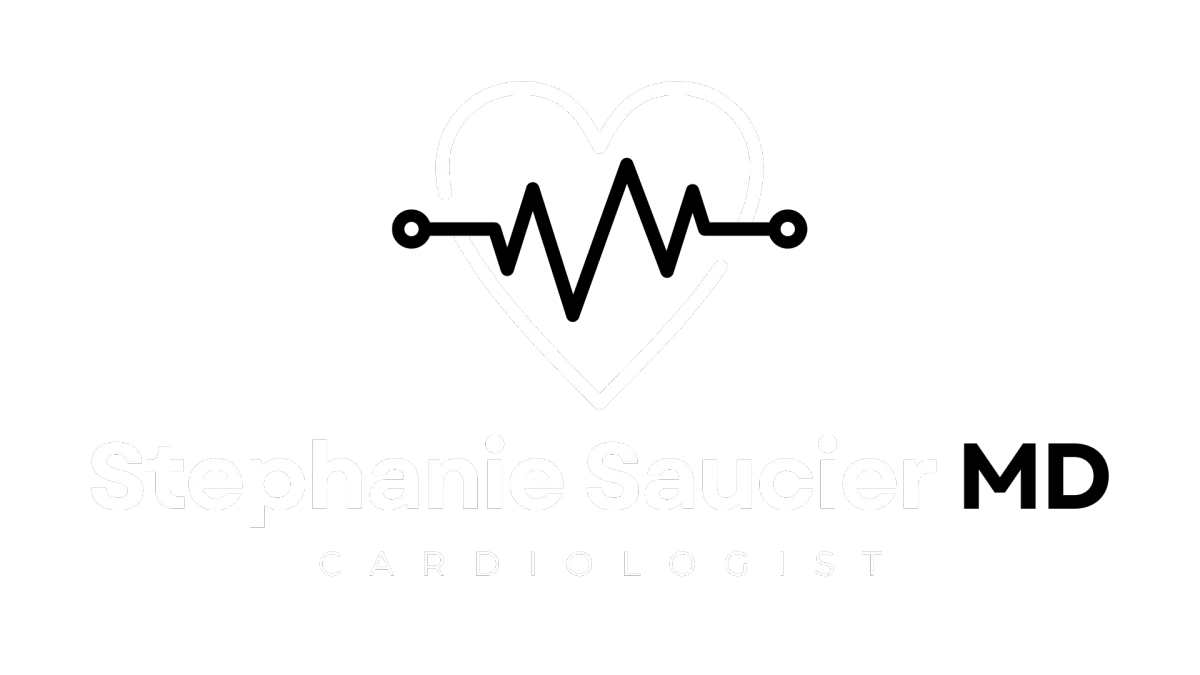Quick CABG Recovery Guide
Essential Steps For A Smooth Recovery
Introduction
Hi, my name is Dr. Stephanie Saucier, and I'm a board-certified cardiologist. Today, we're going to talk about recovery after Coronary Artery Bypass Grafting (CABG) surgery, often referred to as "cabbage" surgery. Let's dive in.
Immediate Post-Surgery: In the Hospital
ICU Stay: Right after surgery, you'll be in the Intensive Care Unit (ICU). You might have a breathing tube and several wires and chest tubes.
Breathing Tube Removal: Our goal is to remove the breathing tube within six hours so you can breathe on your own.
Monitoring and Movement: We'll monitor your heart rhythm and chest tube drainage. You'll start moving and walking soon after surgery, usually the same day or the next day.
Hospital Stay: You'll transition from the ICU to a step-down unit and then to a regular medical floor. Most patients stay in the hospital for about 3-7 days post-surgery.
Recovery at HomeFirst Week:
Wound Care: Monitor your surgical incision for signs of infection and ensure proper healing.Medication: Ensure your blood pressure is controlled and you're on the appropriate medications to protect your heart.
2-4 Weeks:
Activity: Start gentle activities like walking.Medication Management: Continue to manage blood pressure, cholesterol, and possibly take blood thinners as prescribed by your doctor.Driving: Typically, you can start driving about 4 weeks after surgery, once your surgeon gives the okay.
Cardiac Rehabilitation
Timeline: Start cardiac rehabilitation around 4-6 weeks post-surgery.
Program Details: It's a supervised program involving exercise physiologists and nurses. Sessions are usually three days a week, one hour each, for about 12 weeks.
Benefits: Completing cardiac rehab can help you live longer and get back to your regular activities.
Long-Term Recovery
3 Months Post-Surgery: By this time, most patients return to normal day-to-day activities. Continue taking prescribed medications and staying active.
Regular Check-Ups: Regular follow-ups with your doctor are essential. You may need additional imaging tests like echocardiograms to ensure everything is healing well.
Medication Management
Important Medications: You'll likely need medications to control blood pressure, lower cholesterol, and possibly blood thinners. These help keep your heart healthy and prevent future blockages.
Long-Term Medication Use: Continue taking your medications as prescribed to protect your heart and ensure the longevity of your bypass grafts.
Lifestyle Recommendations
Healthy Habits: Adopt a heart-healthy lifestyle, including a balanced diet, regular exercise, and avoiding smoking.
Managing Chronic Conditions: Control any existing conditions like diabetes to help keep your heart and grafts healthy.
Positive Outlook
Many patients feel much better after CABG surgery because it improves blood flow to the heart. This can reduce symptoms like chest pain and shortness of breath, allowing you to enjoy activities you love, such as playing with grandchildren, golfing, or other hobbies.
For more information, download our free heart health guide below.
Free Heart Health Guide:
Simplify Your Health


